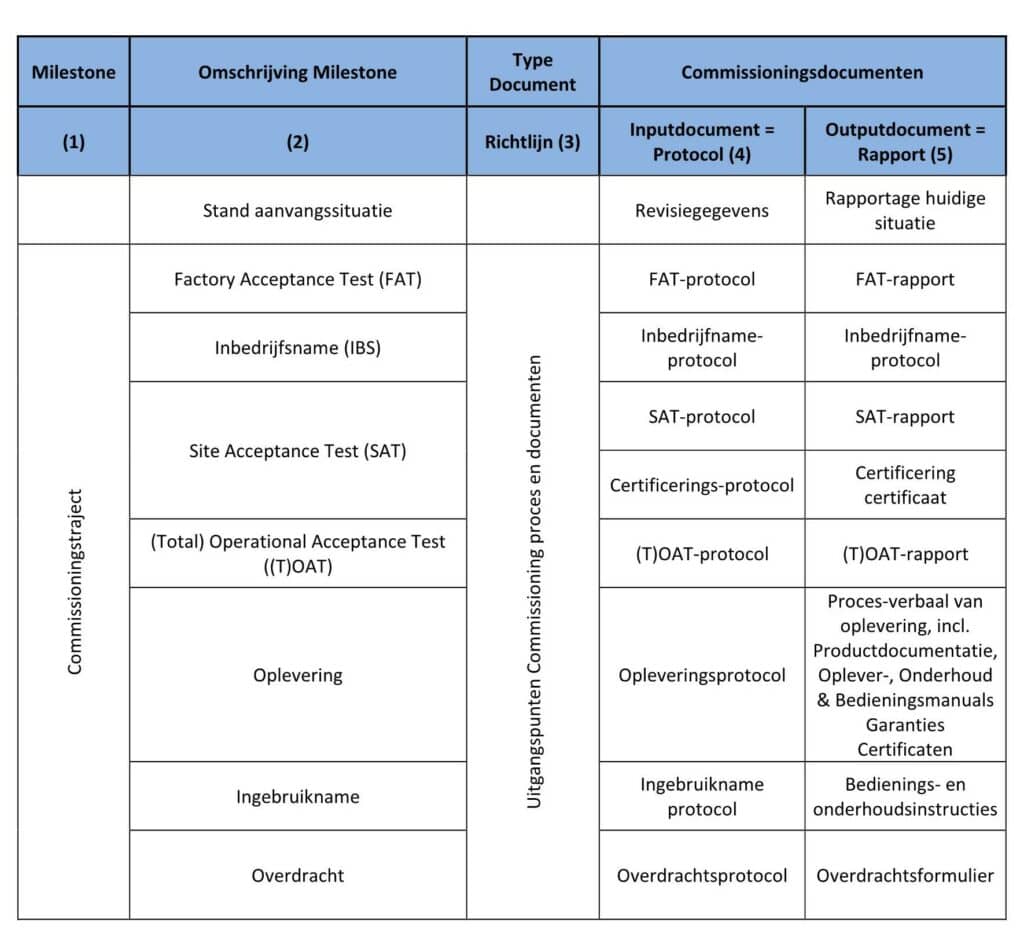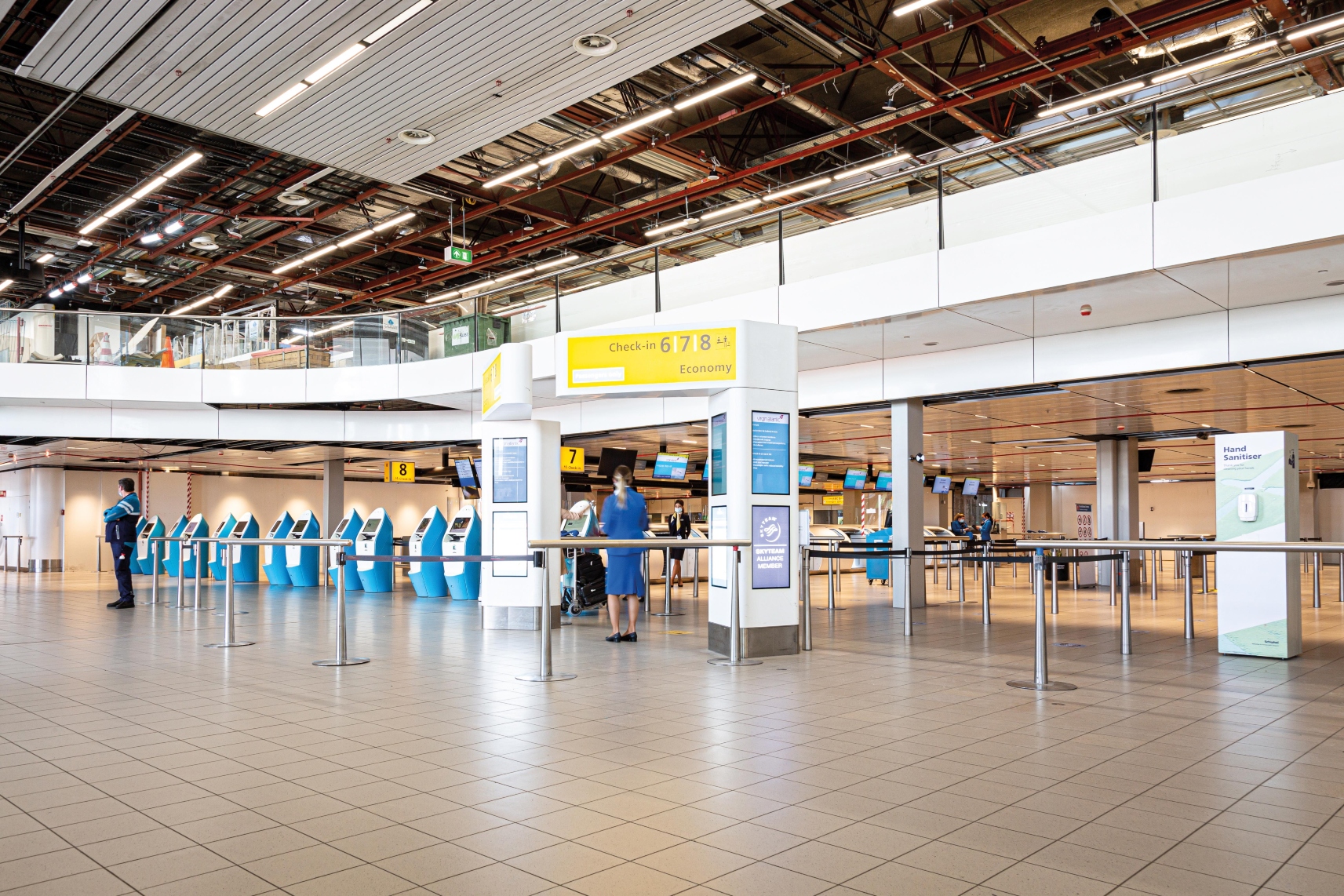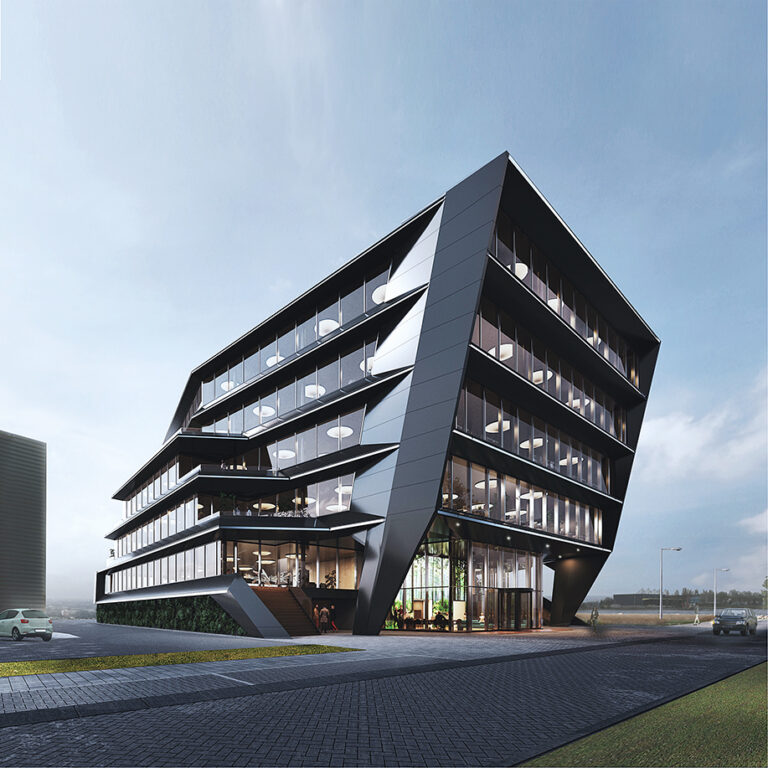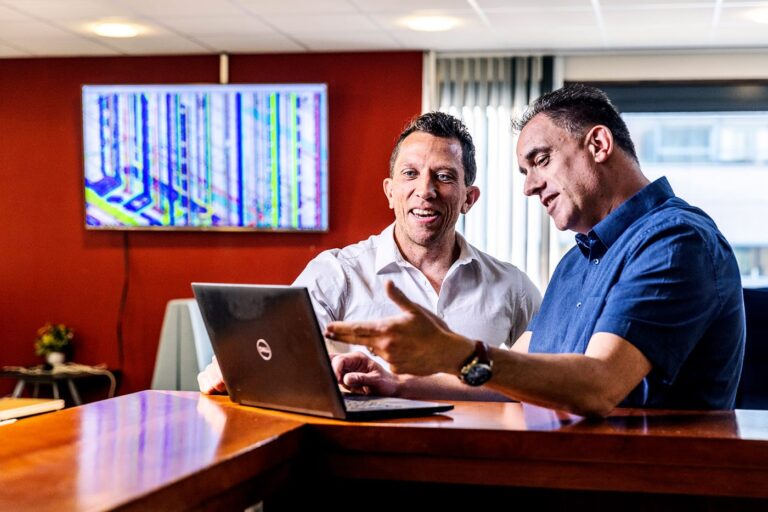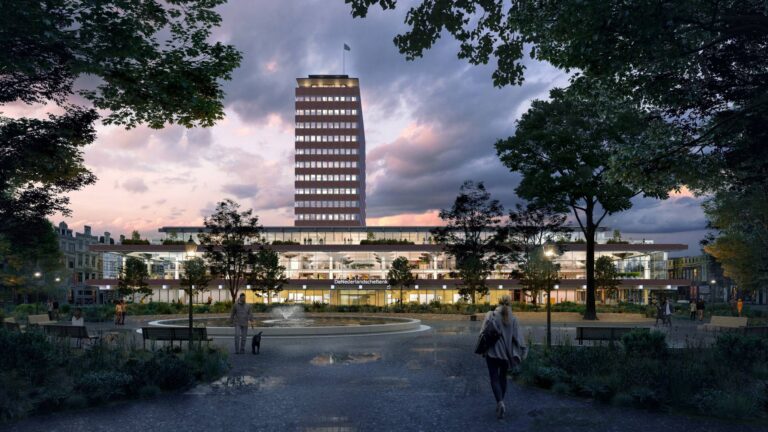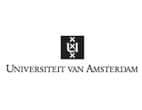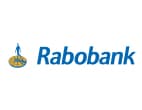Commissioning has been a well-known concept in the chemical industry and aircraft construction for many years. Because of the complexity, installations are not tested and checked there until delivery, but throughout the entire process. Commissioning is still relatively young in the construction and installation sector, but it is one of the spearheads at Valstar Simonis.
“In short, commissioning comes down to showing the client that he is getting what has been agreed”, describes Marijn Braadbaart, senior advisor Commissioning and Smart Buildings. “But that goes much further than just walking around on completion. Modern installations and building management systems are enormously complex today. Often all individual aspects, such as electrical engineering, construction and mechanical engineering, are in order, but things go wrong in the mutual interaction or the ultimate management. With commissioning you can detect these kinds of problems in time and you can solve them before delivery. This not only prevents unnecessary costs and annoyance afterwards, it also ensures a qualitatively better end result.”

Clear agreements
Gino Lambert, Energy and Sustainability consultant, explains that commissioning can be implemented in various ways. He believes it is important to make clear agreements about this with the client. “It doesn't just require a budget: also time! We can only test all installations integrally when everything is ready. The focus of the commissioning activities is therefore in the final phases of the process, often shortly before (partial) deliveries. That puts extra pressure on everyone involved in this already exciting period, so you have to make room for that in the planning.”
Removing uncertainties
Marijn adds that he is happy to advise clients on the precise details of the commissioning process. In such a consultation he discusses where the greatest risks lie and what commissioning can mean to limit those risks. He illustrates: “Suppose a client has a ten-storey office built, where the data center will be on the fifth floor. Then I can imagine that the commissioning concentrates on that part. My most important question to clients is always 'what keeps you awake at night?' We can largely remove these uncertainties with commissioning.”
Customization for a higher level
Senior project manager Erik Keijzer is someone who is involved in commissioning on a daily basis. In that role, he is involved in, among other things, the refurbishment of terminal 1 at Schiphol. “We have been working on several projects at Schiphol for a number of years. Commissioning was already done but could still be brought to a higher level. Together with the client and the contractors, we have set up and designed this. Schiphol was pleased with this, with the result that we are now responsible for the commissioning projects for half of the airport. A positive final judgment from the commissionings manager is an important milestone to start using the project.”
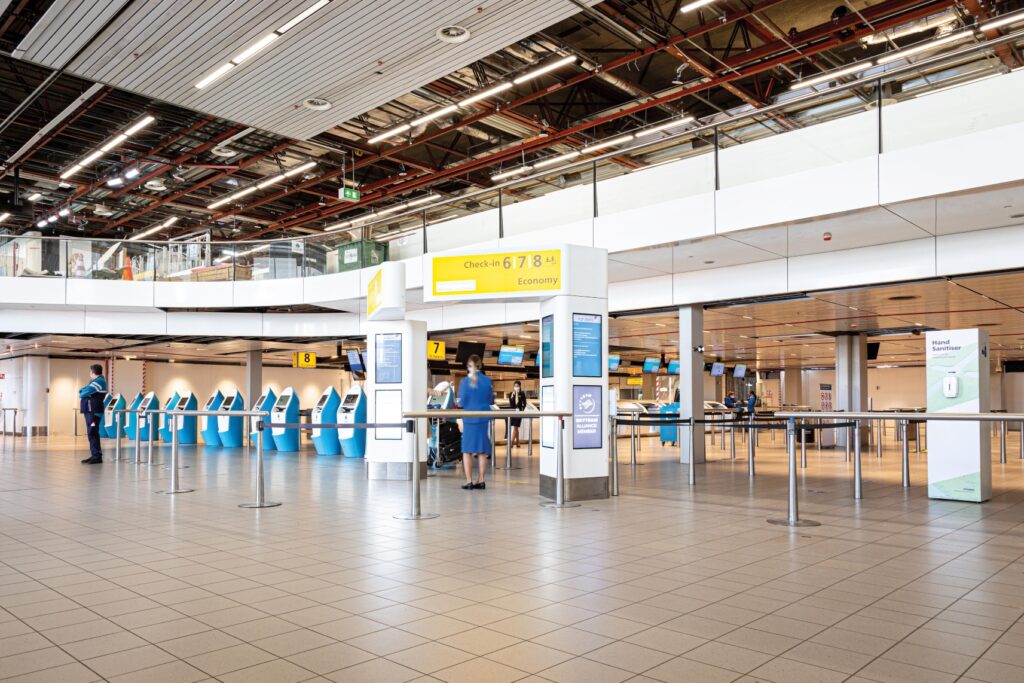
Tight planning and complex projects
The complexity of the projects at Schiphol is partly due to the many different stakeholders. These create a field of tension in which speed, quality, budget and safety compete for attention.
The construction of a new distribution center for Zalando in Bleiswijk is another such project with many stakeholders. Marijn: “Moreover, an assignment with an extremely tight schedule, which cannot be tinkered with. And it concerns a building of no less than 130.000 square meters! So a commissioning assignment with sufficient challenge…”
